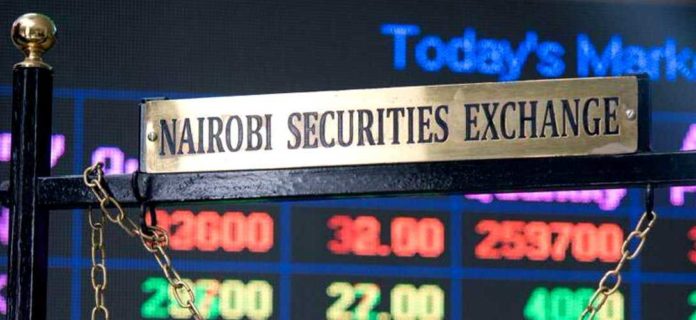NSE Today: When is the best time to buy stocks at the Nairobi Securities Exchange? When is the best time to sell them and walk away with a good profit? This is one of the biggest dilemmas that new investors at the local bourse face.
So grievous is the dilemma that many budding investors end up making losses by either selling shares they should hold on to, or buying shares they shouldn’t touch. But there are ways that you can avoid the bloodbath that the stock market can sometimes become by knowing the right time to take position on a stock and the right time to exit. This column begins by looking at the most suitable time to buy shares at the securities market.
The best time to buy shares is during a bear market. This is the period when prices for the majority of stocks on the market are on a free fall. It is worth noting that a bear market will affect stocks including those that are fundamentally valuable.
Nissan vs Toyota: Look beyond resale value and cost of parts
This means that during a bear market, you can buy shares of valuable companies at significant discounts than you would otherwise buy during a bull market. Michael David, the CEO of MoneySense Ltd, an investment firm based in Nairobi, and the lead coach at Team MoneySense, a personal finance and investment WhatsApp group, says that before you spend your money, you must realize that intelligent investing is paying less for more.
“This includes buying assets or shares at a big discount to intrinsic value or for less than they are worth. For example, the equivalent of buying shillings for cents,” he says. Mr. David offers the example of Kenya Power. “This is a listed company that is virtually a monopoly with a sustainable competitive advantage and guaranteed demand.
Jeff Koinange’s houses to be auctioned over Sh. 130 million debt
Its revenues are protected from inflation, forex fluctuations, system losses of up to 14.9 per cent of total electricity purchased, and fuel costs fluctuations. This company is selling at roughly one year’s earnings if the anomaly that was last year’s results is ignored,” he says.
Apart from getting you timing right, you must also get other factors right as well. These include dividend yields vis a vis trading price. Robert Ochieng’, the chief executive officer at Abojani Investment says that you should buy companies that have fundamentally strong attributes, which are trading below their value but producing greater dividend yields.
“For example, say Barclays Bank and Co-operative Bank are trading at around Sh. 10.35 and Sh. 12.40 respectively on NSE today. This means that they have dividend yields that are greater than 8 per cent which makes them favourites for long term investors looking to take position,” he says.
Mr. Ochieng’ further points out that other factors you should refer to before buying a share are whether the companies in question are recording consistent growth in profitability and revenues and whether their prices are below their book value, their development strategies and growth of business numbers.
“Dual transformation is also a critical tell-tale sign. A stock’s company must be able to maintain business resilience while exploring new revenue lines. For example, KCB has kept growing their balance sheet while exploring mobile lending. In the first three months of this year, they gave out Sh. 33 billion in loans,” he says.
Getting your timing right does not always mean that your investment will be immune from market shocks. In fact, shares that were bought at huge discounts have taken years to produce their actual value to investors. For example, it took the Safaricom stock nearly five years before it could trade at double the 2008 IPO price of Sh. 5 per share.
“You must approach investing at the securities market as a risk management venture rather than a profit maximization opportunity,” says Mr. David. He says that at all times, your buying rule must always be ‘I’ll buy only what I can afford to lose’! “Invest your money in such a way that you will be able to survive the bad times,” he says. NSE Today.









